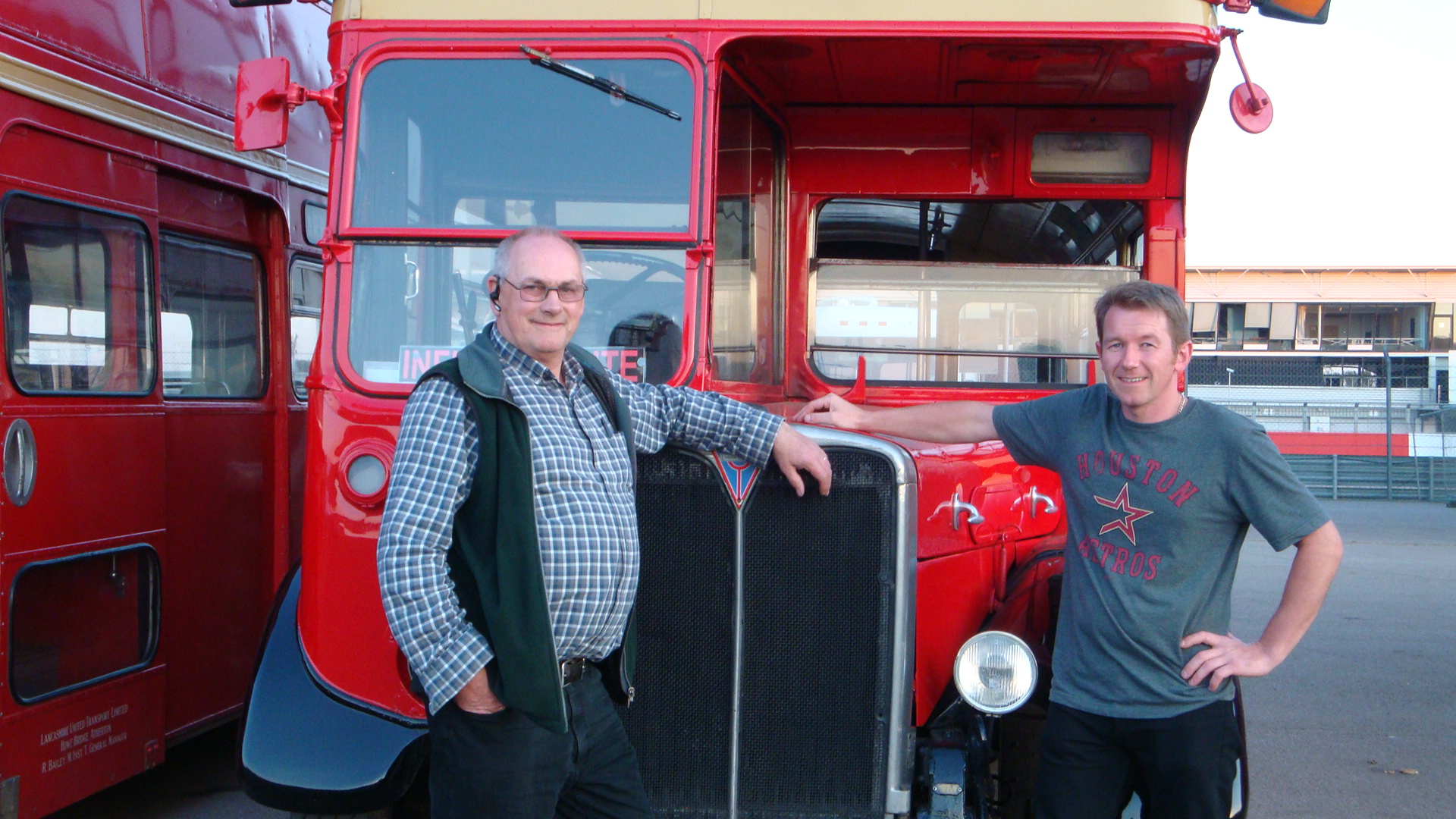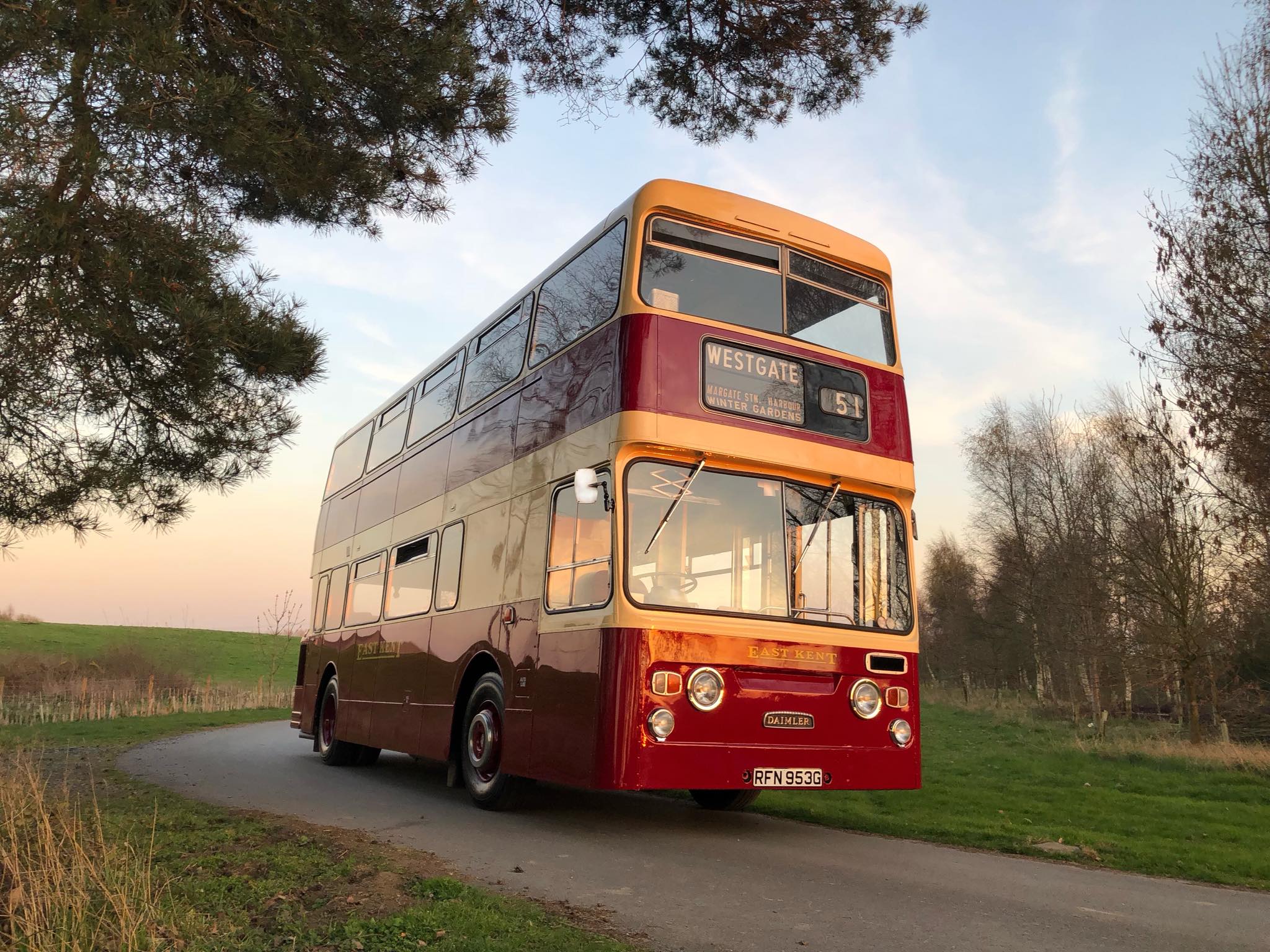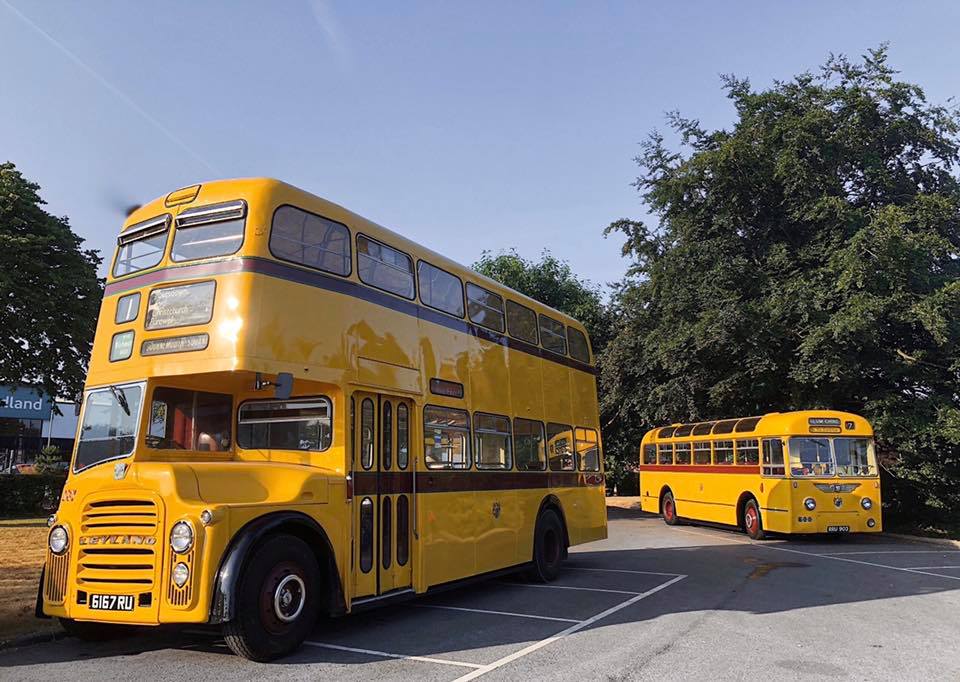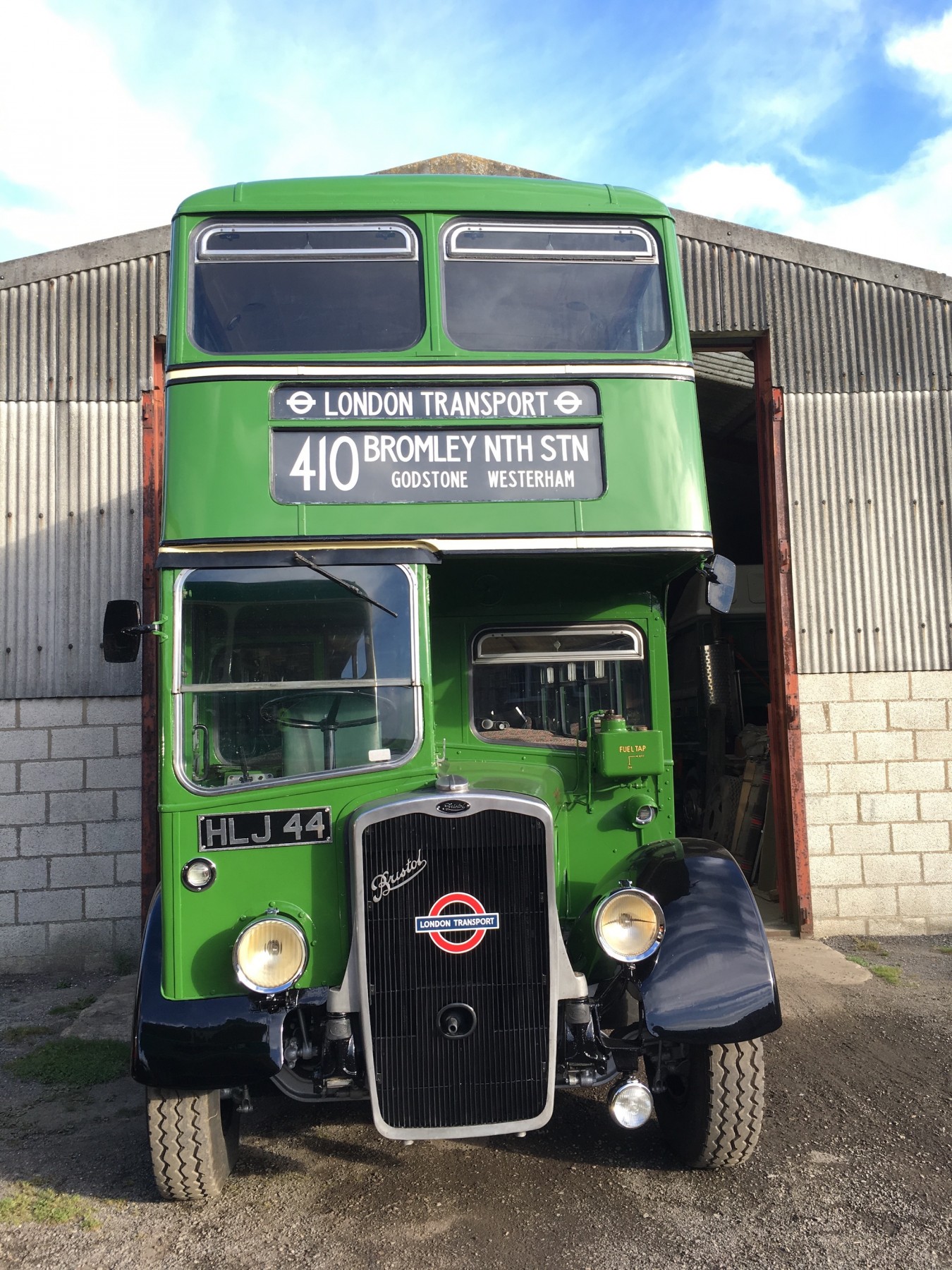Related Posts

It’s Electrifying
14th December 2022
In this article I interview my friend and electrical guru Malcolm Green, discuss bus and coach electrical restoration...

Get The Body Of Your Dreams
19th February 2022
The bodywork of your bus or coach is hugely important for not only the esthetics of your vehicle but also the safety…

Planning Your Restoration
21st February 2022
Ashley discusses the start of the restoration, creating a plan of action for the work that needs to be carried out to…

